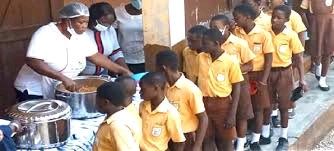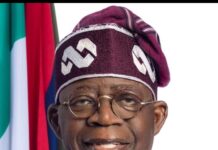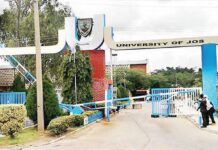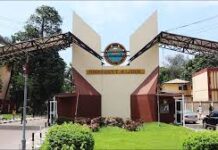item on the UN’s Sustainable Development Goals. It is a powerful tool that can help individuals and communities achieve their full potential, create a better life for themselves, and contribute to the development of their society.
The government, religion, parents, and individuals have roles in building knowledge and skills, encouraging innovation and creativity, fostering a sense of social responsibility, promoting diversity and inclusion, and addressing global challenges.
The detrimental impact of declining education standards on the future of Nigerian youths is corrosive. Where does the hope of the youth lie? Could there be a golden age of prosperity when all the perplexing problems—religious, social, or political—would find their complete solution?
There is always hope for a brighter future through education reforms because unemployment and skill gaps attenuate going to school in the country. Certainly, economic development has social consequences on youth well-being.
A wise leader is willing to admit, ‘I’m not perfect, but I know who is. And I’m doing my best to become more and more like Him in my professional and personal life.
Finally, our commitment to making the world a better place can only be achieved through quality education. What kind of gesture or a high point of presents can parents offer when a promise revolves around a concreteness to the nebulous and chaotic future of their children? Do we call it a white man’s world, or the world of politicians, cabals, and groups of people more insidious than the world powers in their pursuit of political interest?
To forge ahead, the communities’ hopes and hates, fears, and desires must be incorporated to forge differences in policy making.
Obiotika Wilfred Toochukwu: St. Patrick’s Catholic Church, Awgbu – Anambra State
Business Day














